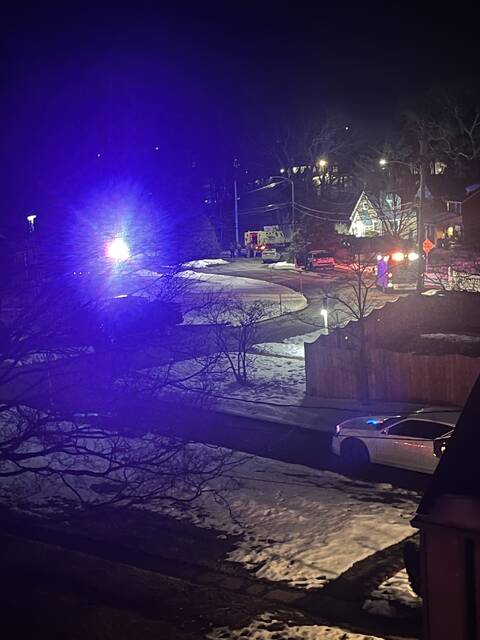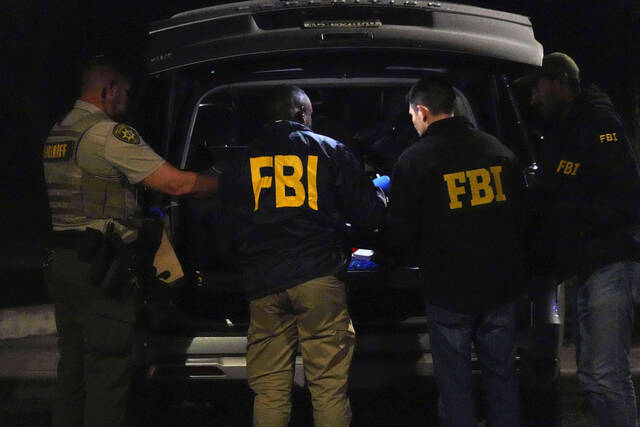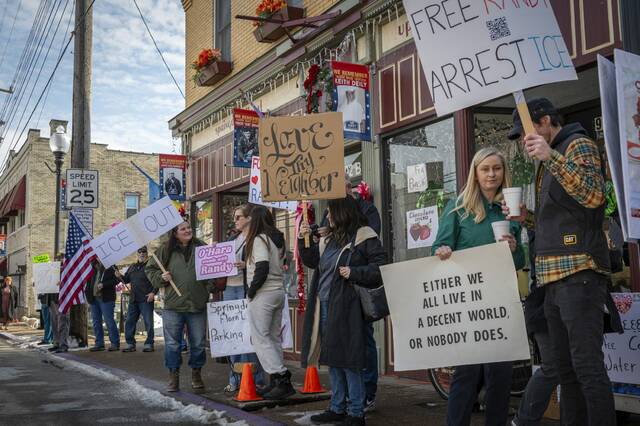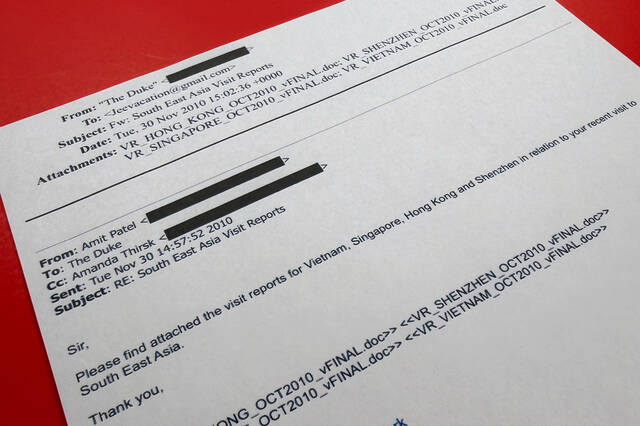Pittsburgh City Council moved forward Tuesday with a temporary ban on evictions during the emergency created by the coronavirus pandemic.
The legislation, spearheaded by Councilwoman Deb Gross, with support from Mayor Bill Peduto’s administration, and several city activists, was unanimously approved, but only after extensive discussion among council members. They debated whether the law can be enforced.
“The administration agrees that protecting vulnerable tenants during the pandemic is vitally important and will continue to work with Council — as well as county, state, and federal partners — to protect residents from eviction proceedings,” Peduto spokesman Tim McNulty said.
The ban will only be in place as long as the city-declared pandemic emergency is in place, Gross said. The latest extension of the emergency runs through March 16, the day before the anniversary of the declaration in Pittsburgh.
The move also comes after a federal court Friday ruled against a federal ban on evictions that had been in place. The Justice Department is appealing the ruling.
City officials have been working on the issue since January, but Pittsburgh is restricted, based on state law, in how it can legislate such issues.
A review by the city’s law department, which wasn’t publicly discussed in detail, addresses those issues. For the last few weeks Gross, Peduto’s Assistant Chief of Staff Lindsay Powell and others have been working to craft a temporary law that can potentially withstand a court challenge.
Councilman Ricky Burgess asked council Tuesday to delay action until another meeting to completely work out those issues, but other council members agreed to approve the legislation, amended since last week to empower the city’s Commission on Human Relations to act an an arbiter, during Tuesday’s council meeting.
“I don’t want to pass something that we cannot enforce,” Burgess said.
He abstained from the vote amending the proposal. Councilman R. Daniel Lavelle didn’t register a vote on the amendments, but the vote to adopt the ordinance was unanimous.
There are 120 households in the city that have entered the eviction process since last week, on top of 180 that are already in the system and another 250 cases are docketed in the city, Gross said.
The idea is to “prevent families from even getting the first eviction notice on the door,” Gross said.
City officials plan to work with landlords, tenants, district judges and constables to enforce the ban. The Commission on Human Relations will decide whether landlords have a case to evict a tenant for public safety reasons.
The idea is to provide a ban on evicting people who are struggling financially because of the pandemic, something that would exacerbate the public health emergency, Gross said.
Council also wants landlords and tenants to know help for rent is available. Rental assistance applications will be available on March 15, according to an Allegheny County website set up for an assistance program.
Between federal allocations made to the city and county, $27 million in rental assistance will be available through a program administered by the city’s Urban Redevelopment Authority in partnership with Action Housing and Dollar Energy.
More money is expected if a federal coronavirus relief legislation is passed by the Senate.
A similar program put into place last year helped about 1,000 people, most of whom were mothers raising children, Gross said.
“We should all keep that in front of us. Our system is evicting our kids,” Gross said in a separate interview after the council meeting. “I don’t know about other cities, I don’t know about the rest of the country, but I know that for a fact in our city.”
Council members Tuesday said the emergency requires everyone to work together to get the word out about assistance to both tenants and landlords, while also communicating with district judges and constables to refrain from acting on evictions.
“We are trying to help people navigate the system,” Gross said. “We have an obligation to the city to address the public health threat.”
Other council members agreed and said the work to deal with the issue isn’t over.
Councilman Bruce Kraus called it a “moral obligation” and asked that council members be “flexible and fluid” to make changes to the law as necessary. “We don’t have another option.”








